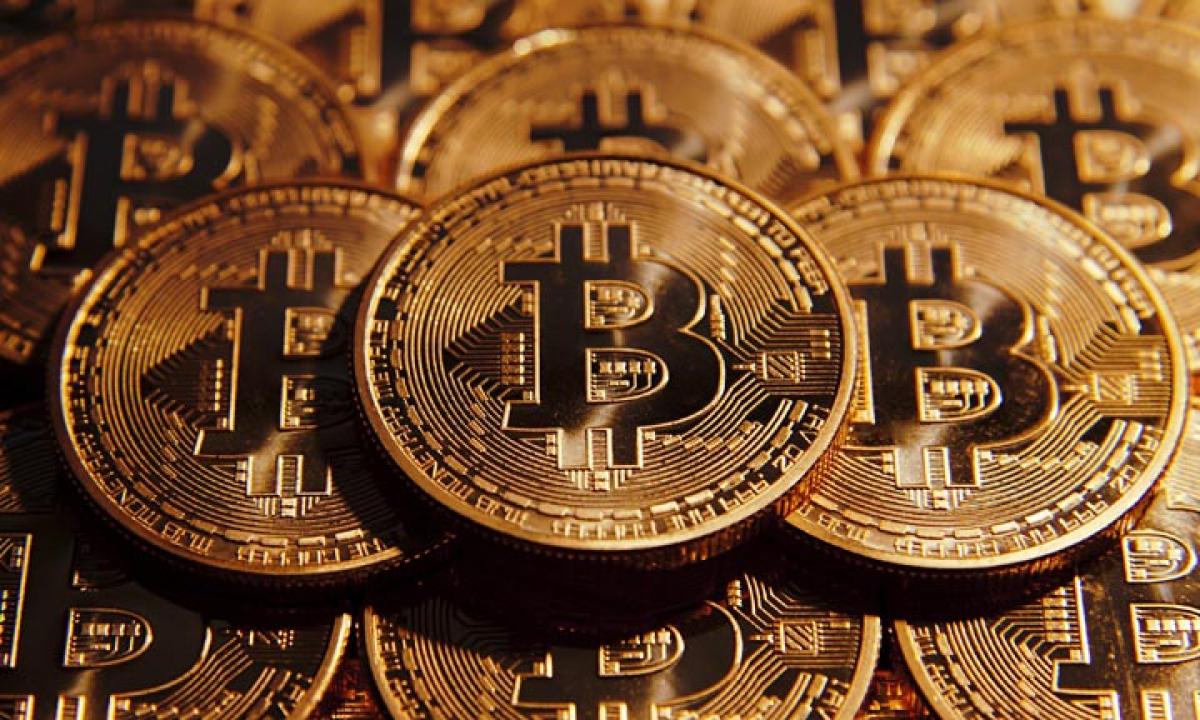Live
- Must-Watch OTT Originals in 2024: The Year’s Best Shows and Movies
- 40 Indian startups secure over $787 mn in a week
- India now formidable force on chess board
- Raghavendra Mutt pontiff visits Tirumala
- Whistleblower of OpenAI found dead in US apartment
- Trump’s US-first policy & India’s strategic latitude
- Chandrababu pays tribute to Potti Sriramulu and Sardar Vallabhbhai Patel
- India may miss TB elimination target
- Revolutionizing Women’s Health: The Era of AI
- Govt bill explains plan for ONOE
Just In

2016 could prove to be the year that the price of bitcoin surges again. Not because of any dark-web drug-dealing or Russian ponzi scheme, but for an altogether less sensational reason - slower growth in the money supply.
.jpg) 2016 could prove to be the year that the price of bitcoin surges again. Not because of any dark-web drug-dealing or Russian ponzi scheme, but for an altogether less sensational reason - slower growth in the money supply.
2016 could prove to be the year that the price of bitcoin surges again. Not because of any dark-web drug-dealing or Russian ponzi scheme, but for an altogether less sensational reason - slower growth in the money supply.
Bitcoin is a web-based "cryptocurrency" used to move money around quickly and anonymously with no need for a central authority. But despite being championed by some as the digital money of the future, it is often dismissed as a currency that is too volatile to invest in.
Instead of being controlled by a central bank, bitcoin relies on so-called "mining" computers that validate blocks of transactions by competing to solve mathematical puzzles every 10 minutes. In return, the first to solve the puzzle and thereby clear the transactions is currently rewarded with 25 new bitcoins, worth around $11,000.
But when it was invented in 2008 by the mysterious "Satoshi Nakamoto", who has yet to be identified, the bitcoin program was designed so that the reward would be halved roughly every four years, in order to keep a lid on inflation. The next time that is due to happen is July 2016. Bitcoin was also designed to emulate a commodity by having a finite supply of 21 million bitcoins, which will be reached in around 125 years, up from around 15 million today. Hence, also, the use of the term "mining."
Daniel Masters, co-founder of Jersey-based Global Advisors' multi-million dollar bitcoin hedge fund, started his career as an oil trader at Shell in the mid-1980s and spent 30 years trading commodities before crossing over to bitcoin. Now he reckons the price of bitcoin could test its 2013 highs of above $1,100 next year and then pick up speed to rise to $4,400 by the end of 2017.
That would be due to a number of factors, Masters said, including an increased acceptance of payments in bitcoin by big companies and authorities, rapidly growing interest and investment in the "blockchain" technology that underpins bitcoin transactions, and also more demand from China as its currency weakens and the economy slows. But taken in isolation, the halving of the mining reward will increase the price of bitcoin by around 50 per cent from where it is now, Masters reckons.

© 2024 Hyderabad Media House Limited/The Hans India. All rights reserved. Powered by hocalwire.com







